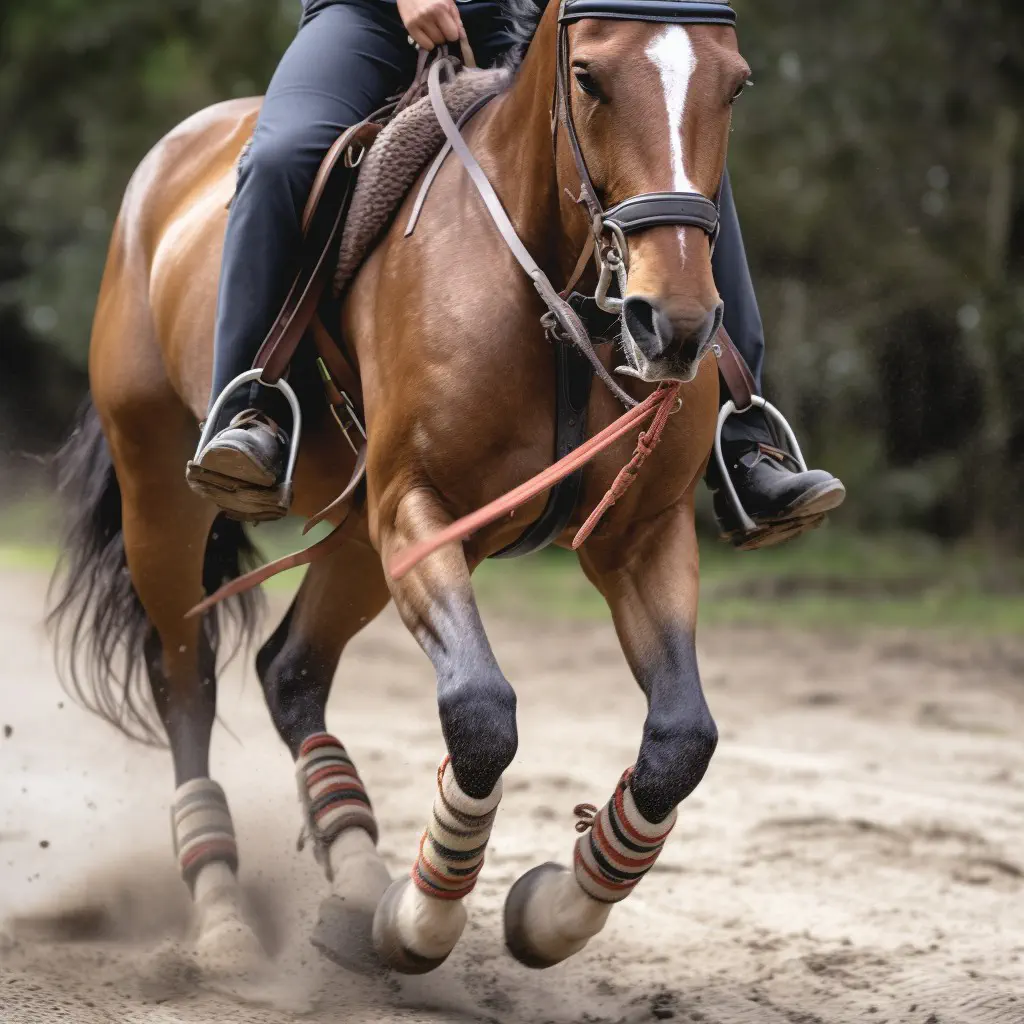
Introduction
Self-discipline is an essential skill that can help you achieve your goals and live a successful and productive life. Without it, it’s easy to fall into procrastination, distractions, and lack of motivation. Self-discipline is what separates successful people from those who struggle to achieve their dreams.
In this guide, we’ll explore how to master self-discipline skills. You’ll learn what self-discipline is, how to understand it, and how to identify and achieve your goals. We’ll also share tips for building good habits, tracking progress, and maintaining self-discipline even during tough times.
Whether you’re trying to improve your career, health, or personal life, mastering self-discipline is a crucial step in achieving your goals. Let’s dive in!
Understanding Self-Discipline
Self-discipline is the ability to control one’s behavior, thoughts, and emotions, with the intention of achieving a specific goal or outcome. It is one of the most important characteristics of successful individuals, as it allows them to stay focused and motivated on their goals, regardless of the challenges they face.
Self-discipline and motivation are closely linked. While motivation provides the drive to start working towards a goal, self-discipline provides the structure and consistency needed to continue working towards it, even when motivation wanes.
Fortunately, self-discipline can be learned and developed over time. It is not an innate characteristic that individuals are born with, but rather a skill that requires practice and reinforcement to strengthen.
Developing self-discipline requires individuals to be aware of their behavior patterns and to identify the habits that may be preventing them from achieving their goals. By identifying these habits, individuals can work towards replacing them with positive behaviors that will support their goals.
Moreover, developing self-discipline is not an overnight process - it requires consistent practice and self-awareness. It’s not enough to simply set a goal and hope for the best; individuals must actively work towards developing the habits and behaviors that will support their goals.
In the upcoming sections, we’ll explore how to identify your goals, create a plan to achieve them, build good habits, and maintain self-discipline, even when times get tough. By following these steps, you’ll be well on your way to mastering the art of self-discipline.
Identifying Your Goals
Before you can master self-discipline, you need to have a clear understanding of what it is you want to achieve. Setting specific and achievable goals is critical to success. Not only will they help provide direction, but they will also give you something to work towards.
Setting Specific and Achievable Goals
When setting your goals, it’s important to make them specific and achievable. You need to define exactly what it is you want to accomplish, by when, and how you plan on achieving it. For example, instead of saying “I want to lose weight,” try “I want to lose 10 pounds in the next three months through daily exercise and healthy eating.”
Creating a Plan to Achieve Your Goals
Once you have identified your goals, it’s important to create a plan to achieve them. Break your goals down into smaller, more manageable tasks. This will make it easier to stay focused and motivated. Consider creating a schedule or to-do list to help you stay on track.
Tips for Creating and Sticking to a Plan
Creating a plan is just the first step. The real challenge is sticking to it. Here are a few tips to help you stay on track:
- Find an accountability partner: Tell a friend or family member about your goals, and ask them to hold you accountable.
- Celebrate small victories: When you reach a milestone, celebrate it! This will give you the motivation to keep going.
- Be flexible: Life happens, and sometimes you may need to adjust your plan. Be willing to adapt and make changes as needed.
By setting specific and achievable goals and creating a plan to achieve them, you will be well on your way to mastering self-discipline. Remember, consistency is key. By consistently working towards your goals, and holding yourself accountable, you will be able to achieve them and develop the self-discipline skills that will help you succeed in all areas of life.
Building Self-Discipline Habits
To truly master the skill of self-discipline, it is important to build good habits that reinforce this behavior. Habits are powerful because they are automatic, and can be triggered by cues or prompts in our environment. Here are some tips for building self-discipline habits:
Start Small
One of the biggest mistakes people make when trying to build new habits is that they try to do too much too soon. Instead, start with a small habit that is easy to do consistently. For example, if you want to develop the habit of exercising every day, start by doing just 5 minutes of exercise each day. This will help you establish the habit and build momentum over time.
Create Triggers and Cues
Triggers and cues are external prompts that can help you remember to do your habit. For example, if you want to develop the habit of drinking more water, you could set a reminder on your phone to drink water every hour. Over time, this can help you develop the habit of drinking water regularly without having to rely on willpower alone.
Use Positive Reinforcement
Positive reinforcement is a powerful tool for building habits. Whenever you successfully complete your habit, reward yourself with something positive. This could be as simple as giving yourself a high-five or using a sticker chart to track your progress.
Remove Temptations
Another important part of building self-discipline habits is to remove any temptations that might get in the way. For example, if you want to develop the habit of reading for 30 minutes each day, you may need to remove distractions like your phone or TV from your environment during that time.
Make Your Habits Visible
Finally, it can be helpful to make your habits visible. This could mean tracking your progress on a calendar or whiteboard, or using an app that helps you monitor your behavior. When you can see your progress, it can help you stay motivated and committed to your goals.
Remember, building self-discipline habits takes time and patience. Don’t get discouraged if you struggle at first, and remember to celebrate your successes along the way. With dedication and persistence, you can develop the habits you need to achieve your goals and become a more disciplined person.
Maintaining Self-Discipline
Maintaining self-discipline can be challenging, especially when faced with unexpected obstacles and distractions. Here are a few strategies to help you stay focused and motivated:
1. Create a Support System
Having a support system can significantly increase your chances of maintaining self-discipline. Consider sharing your goals and progress with someone you trust, such as a friend, family member, or mentor. They can offer support, guidance, and encouragement when needed, as well as hold you accountable for your actions.
2. Find a Routine That Works for You
Establishing a routine that works for you can help you stay on track and maintain self-discipline. Consider setting aside specific times of the day for work, exercise, and other activities, and stick to them as much as possible. This can help you develop a sense of structure and make self-discipline feel more manageable.
3. Practice Mindfulness
Mindfulness is the practice of being present and fully engaged in the current moment. Practicing mindfulness can help you stay focused on your goals and maintain self-discipline. Consider incorporating mindfulness practices such as meditation, deep breathing, or yoga into your daily routine.
4. Reward Yourself
Rewarding yourself for your hard work and progress can help maintain motivation and self-discipline. Consider setting up a reward system, such as treating yourself to your favorite meal or activity after reaching a specific goal or milestone.
5. Be Kind to Yourself
Maintaining self-discipline can be challenging, and setbacks are normal. Remember to be kind to yourself and practice self-compassion. Instead of being too hard on yourself, try to learn from your mistakes and use them as opportunities for growth and improvement.
By implementing these strategies, you can maintain self-discipline and achieve your goals. Remember, self-discipline is a skill that can be learned and strengthened with practice and persistence.
Conclusion
In conclusion, mastering self-discipline is crucial to achieving success. It is not only about learning how to stick to commitments and goals, but it also involves building habits, maintaining focus, and cultivating a positive mindset.
We hope this guide has provided you with useful tools to help you develop self-discipline skills. Please remember that although it may be challenging to build self-discipline, it is achievable. With persistence and practice, you can learn to overcome your limitations, overcome obstacles, and ultimately achieve your goals.
We encourage you to start practicing these skills today. Consistently work on building self-discipline habits, track your progress, and hold yourself accountable. Remember that setbacks are normal, but they don’t have to derail your progress. Focus on your long-term goals and continue to believe in yourself.
If you want to learn more about self-discipline or find additional resources, consider checking out these books:
- “Atomic Habits” by James Clear
- “The Power of Habit” by Charles Duhigg
- “Meditations” by Marcus Aurelius
- “The One Thing” by Gary Keller
We wish you the best in your journey towards mastering self-discipline!

